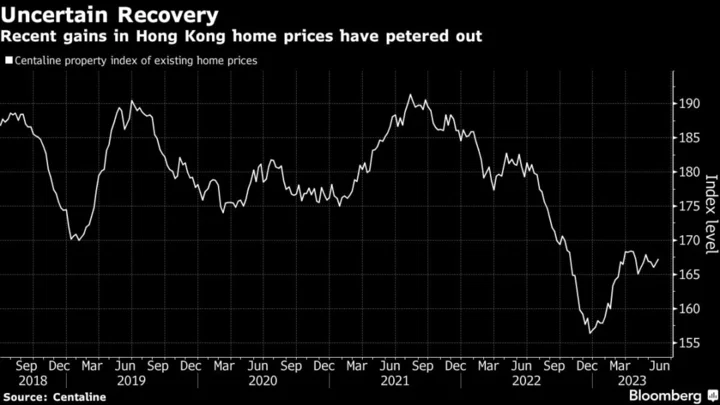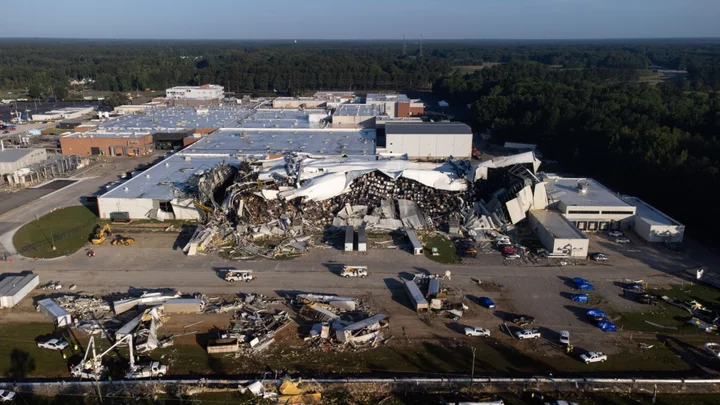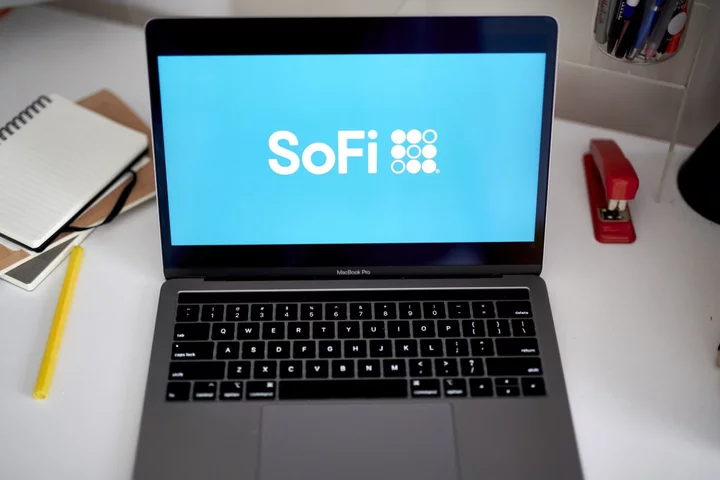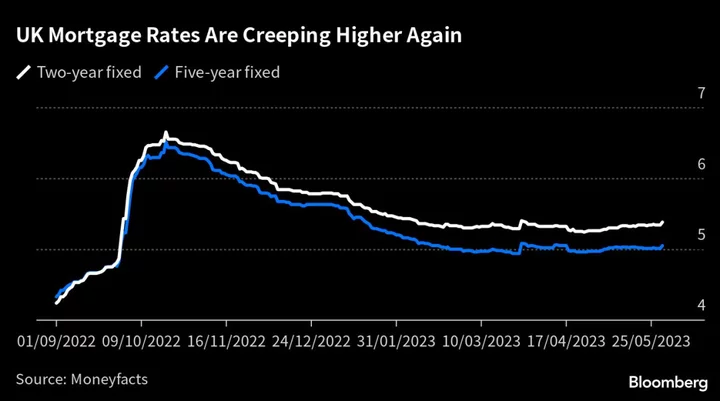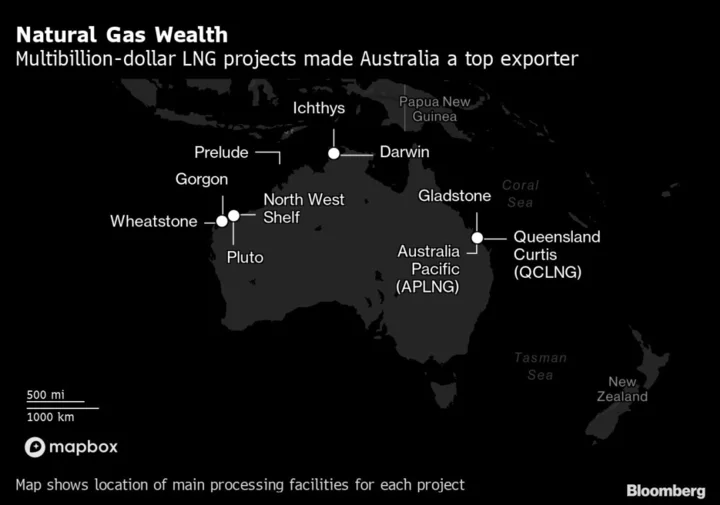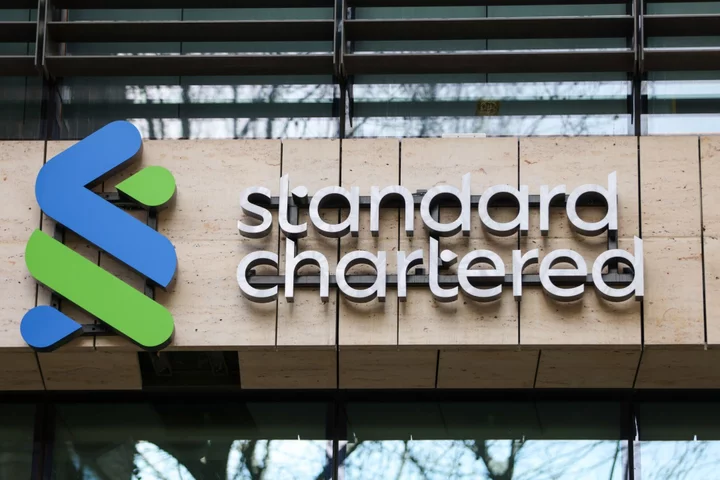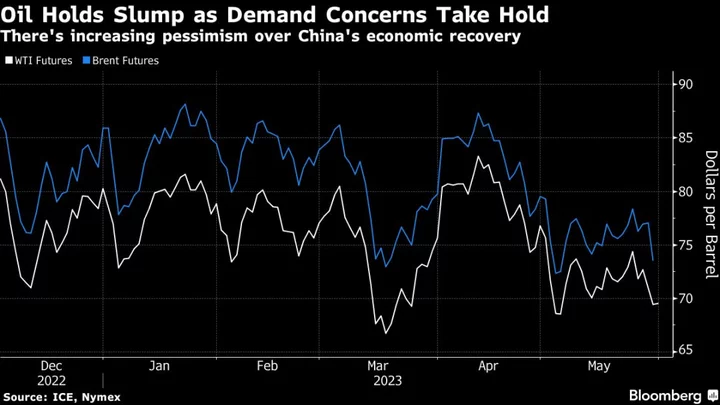The Hong Kong government relaxed its residential mortgage rules for the first time since 2009 in a bid to boost the weakening property market.
The city will increase the loan-to-value ratio for some homes starting Friday, allowing buyers to snap up properties with a smaller down payment, the Hong Kong Monetary Authority said at a press briefing.
Hong Kong’s real estate market has retreated after a short comeback following the relaxation of pandemic restrictions as higher borrowing costs reduce demand. Prices have fallen 13% from their peak in 2021, the central bank said. Values could fall by about 5% in the second half, according to Bloomberg Intelligence analyst Patrick Wong.
“Major developers might need to lower prices to boost sales of residential projects,” said Wong, adding the new measures could support sales of high-end developments by Swire Properties Ltd. and others. “Potential buyers might turn more cautious due to a potential uptick in Hong Kong mortgage rates over the the next few months.”
Under the changes announced Friday:
- For residential properties for self-use, the maximum loan-to-value ratio will rise to 70% for homes valued at up to HK$15 million ($1.92 million)
- The ratio will be 60% for properties with a value of HK$15 million to HK$30 million
- The rate for homes worth more than HK$30 million will remain at 50%
- Before the adjustments, properties valued at HK$10 million and above had a maximum 50% ratio
- The maximum LTV ratio for non-residential properties will rise to 60% from 50%
Read More: HK Home-Price Outlook Could Weaken in 2H on Further Rate Hikes
The border reopening with China lifted sentiment for the sector due to expectations that mainland Chinese would buy more properties in the city. Home prices have risen 6.3% this year, but are far from recouping last year’s 16% slump, data from Centaline Property Agency show.
The recovery may be short-lived as interest rates rise. Home sales in May were 35% lower than a year earlier, according to government data. Moody’s Investors Service expects residential prices to be largely flat in the second half as a result of higher rates, capital market volatility and increased home completion. Hong Kong interest rates move in lockstep with the US, as the local currency is pegged to the greenback.
The government is trying to strike a balance between financial stability and demands of first-time home owners.
Transactions have been mostly focused on apartments worth less than HK$10 million, reflecting how first-time buyers dominate the residential market, said Eric Tso, chief vice president of mReferral Mortgage Brokerage Services.
“I think it is a good time that the government can extend the upper limit to properties valued within HK$20 million to further activate the property exchange market,” said Tso.
In 2020, Hong Kong’s de-facto central bank raised the loan-to-value ratio for commercial properties to 50% from 40% to allow buyers to borrow more money to purchase office, retail and industrial space. Hong Kong also lowered the stamp duty for first-time buyers of homes of HK$9 million and less in February.
Despite the lowered stamp duty, housing affordability has declined after banks raised their prime rate in May, while the one-month Hong Kong interbank rate has spiked.
(Updates with details of measures from third paragrpah)

